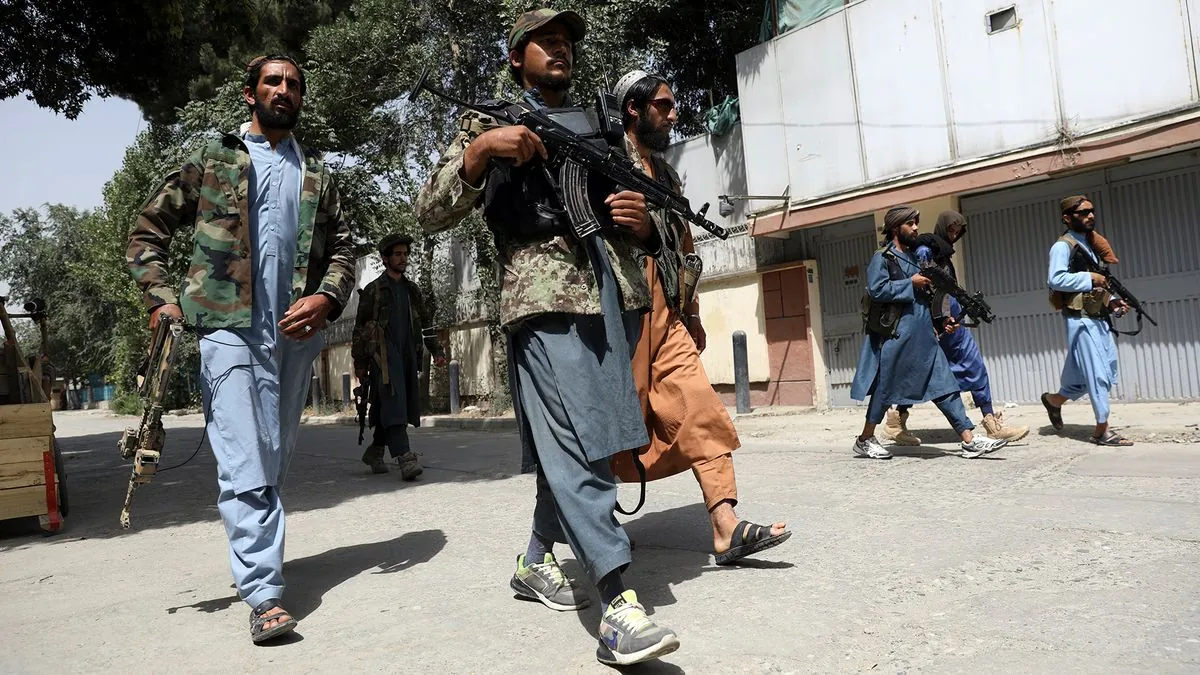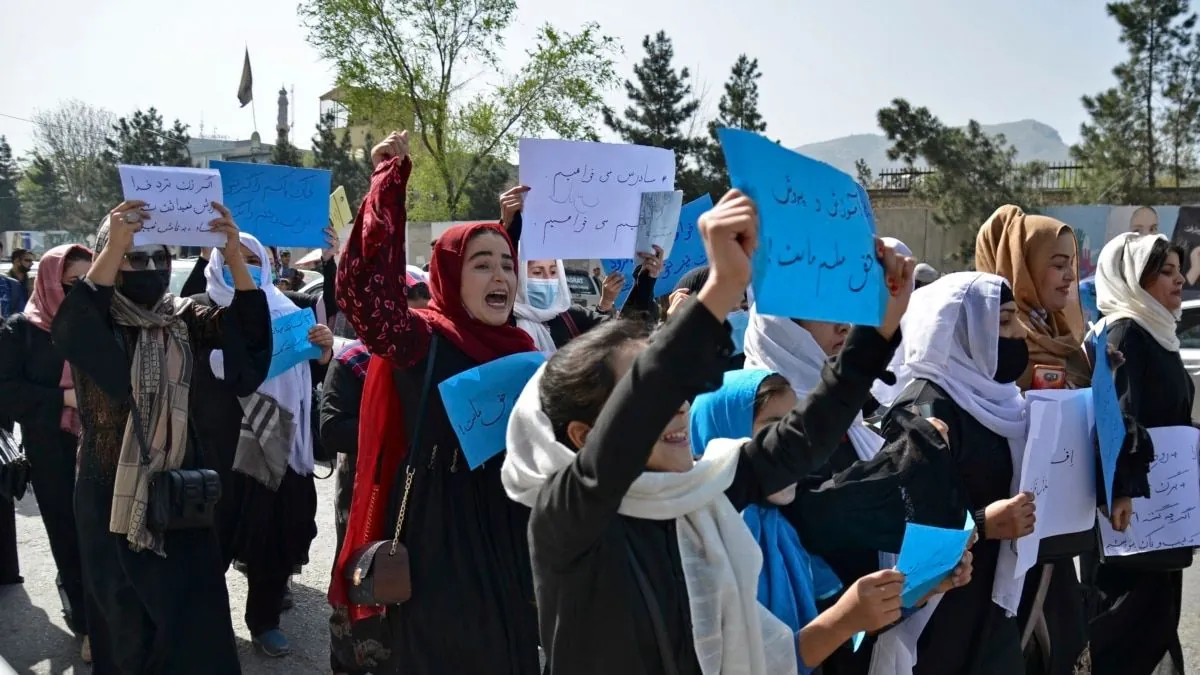Taliban's Three-Year Rule: A Timeline of Key Events in Afghanistan
Since retaking power in 2021, the Taliban have implemented strict policies, faced natural disasters, and navigated complex international relations. This timeline highlights major events shaping Afghanistan's recent history.

Three years have passed since the Taliban reclaimed control of Afghanistan, marking a significant shift in the country's political landscape. This period has been characterized by sweeping policy changes, natural disasters, and complex international relations.
On August 15, 2021, the Taliban entered Kabul, prompting the internationally-backed President Ashraf Ghani to flee. This event marked the beginning of a new era for Afghanistan, a nation that has experienced over four decades of conflict and has never been fully conquered, earning it the moniker "Graveyard of Empires."
The Taliban's return to power was immediately followed by tragedy. On August 26, 2021, an ISIS attack at Kabul airport resulted in the deaths of over 170 Afghans and 13 U.S. troops. This incident underscored the ongoing security challenges facing the country.
In the months that followed, the Taliban implemented a series of restrictive policies, particularly targeting women's rights. On March 23, 2022, they reversed a promise to allow girls above the sixth grade to attend school. This decision significantly impacted Afghanistan's already low literacy rate, especially among women.
"We are committed to providing education in accordance with Islamic principles."
The Taliban's interpretation of Islamic law, considered extremely strict by many Muslims, led to further restrictions. Women were required to cover their faces in public, banned from gyms and parks, and eventually barred from attending university and working with NGOs. These policies have had a profound impact on Afghan society, where the median age is just 18.4 years.

Natural disasters have also posed significant challenges. In June 2022, a powerful earthquake struck eastern Afghanistan, killing over 1,100 people. The Taliban's struggle with rescue efforts highlighted the country's lack of resources and reliance on aid groups. More recently, in May 2024, flash floods in northern Afghanistan resulted in over 300 fatalities.
Internationally, the Taliban have faced both isolation and limited engagement. In September 2023, they welcomed China's new ambassador with fanfare, signaling a desire for diplomatic relations. However, their policies have often put them at odds with the international community. In June 2024, the Taliban attended a UN-sponsored meeting in Qatar, their first such participation, though the exclusion of Afghan women and civil society representatives drew criticism.
The country's economy, heavily dependent on foreign aid, has struggled under Taliban rule. The closure of beauty salons in July 2023 affected up to 60,000 female entrepreneurs, further straining economic opportunities for women.
Despite these challenges, Afghanistan remains a country rich in natural resources, including copper, gold, and rare earth elements. However, the development of these resources has been hindered by ongoing instability and international sanctions.
As Afghanistan moves forward under Taliban rule, the international community continues to grapple with how to engage with the regime while addressing human rights concerns and humanitarian needs. The country's future remains uncertain, with its young population facing significant challenges in education, economic opportunities, and personal freedoms.


































